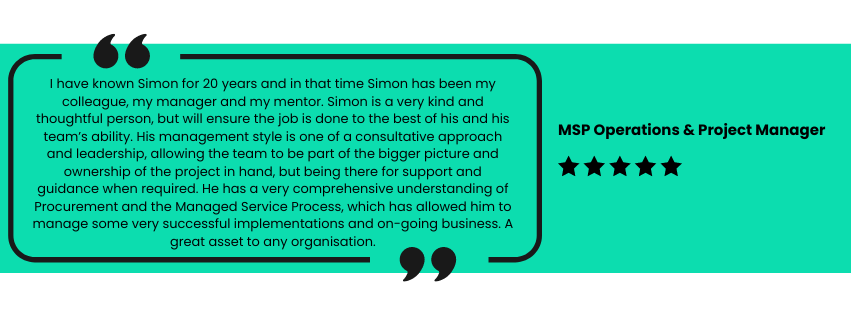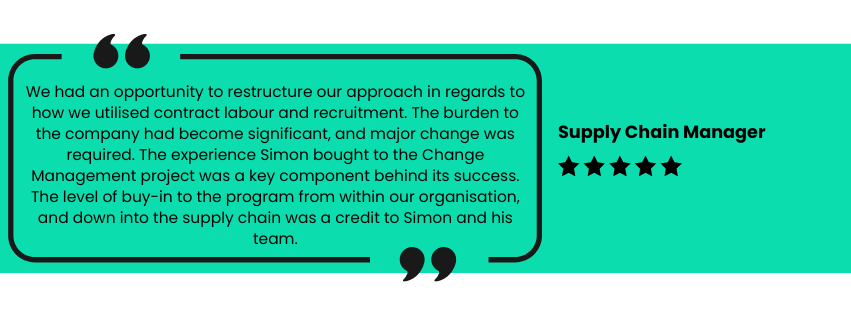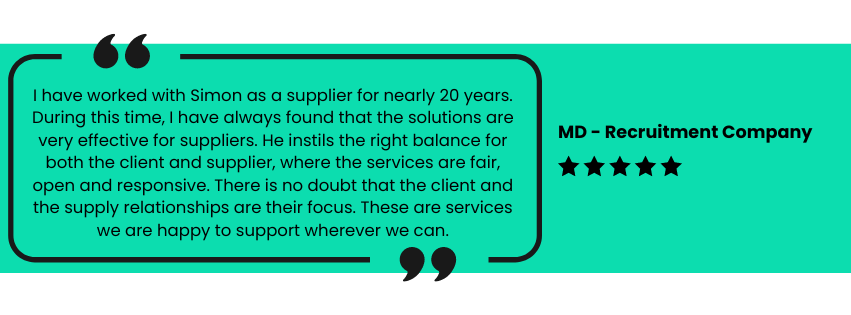Mental Health - Working parents
May 9, 2025Working Parents & Our Children's Mental Health
By Clare Miles
I'm a proud mum to three amazing daughters and a passionate advocate for mental health. Growing up in the '90s, mental health just wasn’t something we talked about, certainly not at school, and rarely even at home. There was no space to open up, no tools to understand what we were feeling, and definitely no normalising of struggle. Now as a mum navigating these challenges with my own children, I often think about how different things could have been if we understood and/or more support available.
It’s those experiences, both from my childhood and now as a parent, that drive my passion to speak up, challenge the stigma, and create safe, open conversations about mental health. Not just in our home, but everywhere I go!
Why?
The mental health of our children is not just a concern for the young; it creates a ripple effect that touches every aspect of family life, including our own wellbeing and our performance at work.
In 2025, the UK continues to face a mounting crisis, with new evidence showing that both the prevalence of mental health conditions among children and the associated economic impact are at record levels.
The Growing Crisis
Recent studies indicate that more than one in five children and young people in England now have a diagnosable mental health condition – a figure that has remained stubbornly high since the COVID-19 pandemic added extra pressures on young lives.
- In 2022–23, over 270,300 children were still waiting for support from Children and Young People’s Mental Health Services (CYPMHS), and while investments have increased, recent reports suggest these waiting lists continue to swell, threatening the wellbeing of our youngest citizens
- Alarmingly, the economic burden is becoming impossible to ignore: new research from The Guardian estimates the UK childhood mental health crisis could cost over £1.1 trillion in lost lifetime earnings, a staggering reminder of how deeply these issues impact society
- Furthermore, UCL-led findings report a 65% increase in admissions to acute medical wards for mental health concerns over the past decade – with some groups, such as girls aged 11–15 facing a more than 112% surge in admissions, especially for eating disorders
These figures underline the urgency for our mental health services to scale up early intervention and more community-based support if we are to prevent our children from reaching crisis points.
Understanding
Every statistic represents a child trying to cope in a system that is overwhelmed. Although awareness is at an all-time high, support services are under immense strain, leaving many children to suffer through long waiting periods. Imagine being brave enough to ask for help, only to feel ignored by a system that is stretched beyond its limits.
For parents, witnessing this struggle is heart-breaking and demoralising. We all want to shield our children from pain and show them that they matter. Sometimes, despite our best efforts, professional support is needed, and that support is too often out of reach.
The Emotional Toll on Parents
The impact of our children’s struggles extends far beyond the home. It also affects us in the workplace. Research commissioned by Deloitte now shows that parents’ concerns over their children’s mental health cost UK employers around £8 billion each year. This comes from missed workdays, reduced performance and, in some cases, parents leaving their jobs entirely to care for their children
When your child is in distress, the stress and worry seep into every part of your day. As a working parent, balancing professional responsibilities with the anxiety of a child’s deteriorating mental health is an ongoing battle. Many parents report feeling overwhelmed, which not only impacts their productivity but also their emotional well‐being.
The struggle is real
Our children’s struggles don’t just stay in the school or therapy room, they come home with them. They sit with us through sleepless nights, whispering fears into the silence, and often leave us feeling helpless, exhausted, and heartbroken. We carry it all because we love them, but that weight is heavy and it doesn’t just vanish when we log in for work or sit down in a meeting.
That’s why the role of the workplace is so crucial. When employers understand the ripple effect that children’s mental health has, they can create environments that are more compassionate, more flexible, and ultimately, more productive. Simple acts like allowing flexible hours, offering mental health days, or just checking in, can make a world of difference to a parent silently struggling to hold it all together.
Supporting parents isn’t just the right thing to do, it’s a smart, long-term investment. Because when we’re supported, when we’re given room to breathe and care for our children without fear of judgment or penalty, we show up stronger. Not just at home, but at work too.
There is hope
Despite the heart-breaking challenges so many families face, there is hope. I see it in the small but powerful changes happening in schools, in communities and most importantly, in homes. Initiatives like enhanced mental health support teams in schools and local community hubs are starting to make a real difference. These services are helping children access support earlier and more holistically, and while there’s still a long way to go, it’s a step in the right direction.
And perhaps just as importantly, we’re seeing a shift in parenting. Parents today are more informed, more aware, and more open to talking about emotions and mental wellbeing. We’re slowly breaking the generational cycle of silence. We’re learning to spot the signs, to ask the right questions, and to simply sit and listen, something many of us never experienced ourselves growing up.
Our children’s wellbeing is our wellbeing.
When we nurture one, we strengthen the other.
That’s the ripple effect I want to see more of.
My Top Survival Tips for Parents
- Stay Informed: Understand your child’s mental health challenges without judgement. The more you know, the better you can advocate for the help they need.
- Ask for Help: Reach out to healthcare providers, mental health charities (such as Mind, CALM, The Mix, and Place2Be), and local support networks.
- Prioritise Self-Care: Caring for yourself isn’t selfish, it is essential. Mental health practices such as mindfulness can keep you grounded during turbulent times.
- Communicate Openly: Be honest with your child, your workplace, and yourself about the challenges you face. Openness can create a supportive network that eases the burden.







